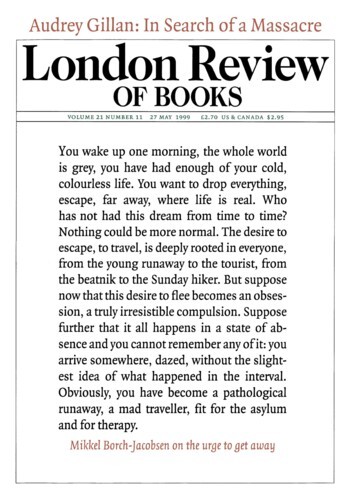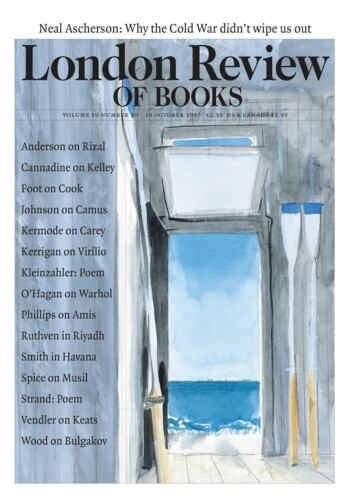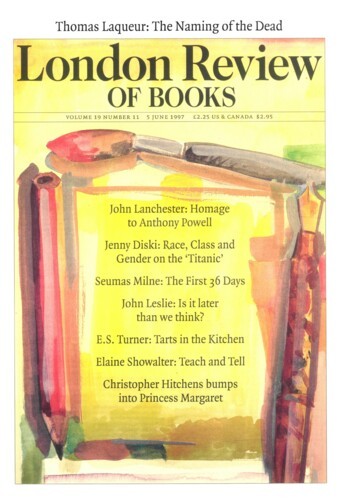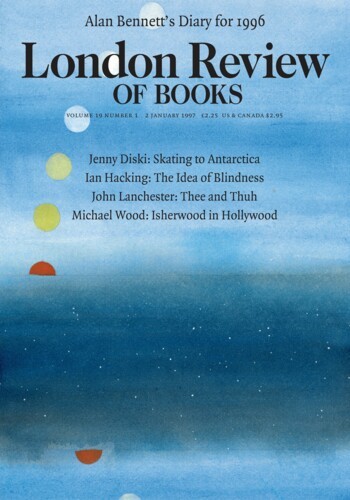Since the publication of Roy Fisher’s sequence City, in 1961, his work has been praised by fellow poets, but his refusal to strike marketable postures, during a period in which reaching an audience has increasingly depended on a poet’s willingness to do so, has kept him relatively unknown. This neglect is the more understandable given Fisher’s publication history. Many of his early pieces were circulated in fugitive pamphlets. Like the Collected Poems of 1968, the superbly crafted Matrix (1971) was published by Fulcrum Press – a by-word, in those Movement-dominated times, for what was taken to be wayward experimentalism. Only with The Thing about Joe Sullivan (1978), published by Carcanet, and two OUP editions of his collected poems (1980 and 1988), did Fisher turn to houses equipped to reach ‘mainstream’ readers. Now he has gone the way of all poets and taken his selected works to Bloodaxe. It is to be hoped that The Dow Low Drop will not be lost in the sheer bulk of that outfit’s throughput – though it would somehow be typical of Fisher if his gesture towards a popular readership proved yet another route to self-effacement.’
The Dow Low Drop: New and Selected Poems by Roy Fisher. Since the publication of Roy Fisher’s sequence City, in 1961, his work has been praised by fellow poets, but his refusal to strike marketable postures, during a period in which reaching an...




